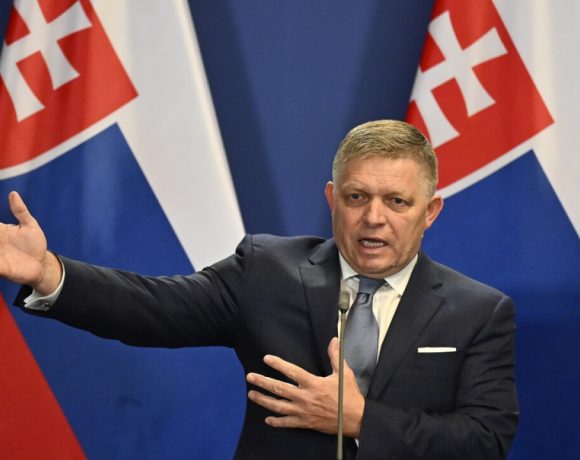
Slovakian Prime Minister Robert Fico has been relocated from a hospital in Banska Bystrica, situated in the heart of the country, to Bratislava, the nation’s capital, to continue his recovery journey. This decision comes in the aftermath of a shooting incident that left him with severe injuries, occurring two weeks prior.
The 59-year-old politician was targeted in Handlova on May 15, where he was shot four times at close range while engaging with supporters following a government meeting. Enduring multiple surgical procedures, Fico’s health status prompted the decision for further care and observation.
Details regarding Fico’s current whereabouts remain undisclosed, as it is unclear whether he has been discharged to his residence in Bratislava or transferred to another medical facility for ongoing treatment. The shift in his condition has attracted significant media attention both domestically and internationally.
Fico’s political tenure spans over a decade, during which he has held the prime ministerial position for a substantial portion of the past 18 years. His return to power in September, leading a coalition characterized by populist-nationalist ideologies, marked a significant chapter in Slovakian politics.
The shooting incident has exacerbated existing tensions within Slovakia, a nation grappling with increasing polarization in its political landscape. The attack has served to deepen societal divisions and raise concerns about the stability of the country’s governance.
The alleged perpetrator, identified by local media as 71-year-old Juraj Cintula, has been apprehended and is currently in custody, facing charges of attempted murder. The ongoing investigation seeks to shed light on the motives behind the attack and its potential ramifications for Slovakian society and its political future.
Picture Courtesy: Google/images are subject to copyright

